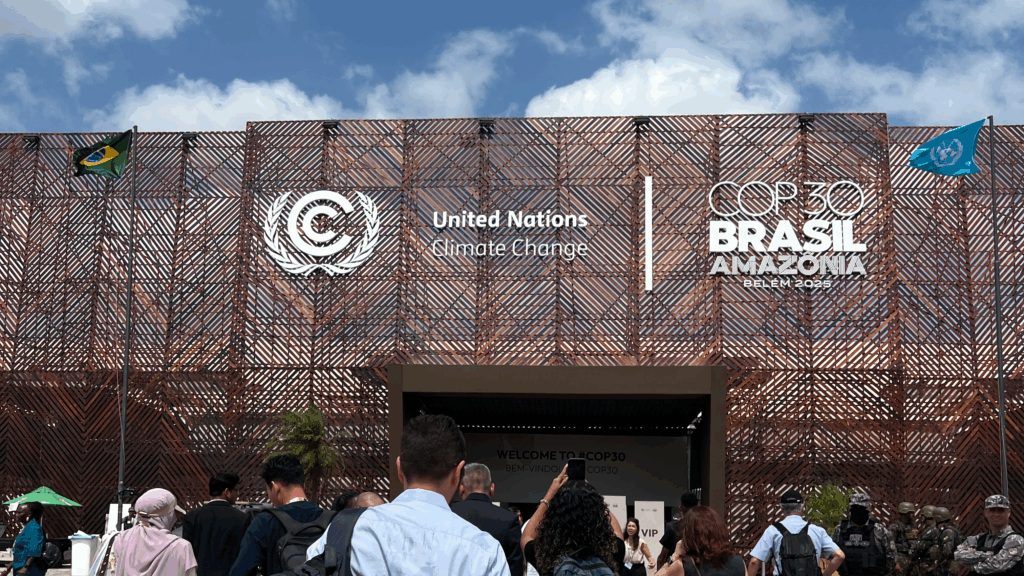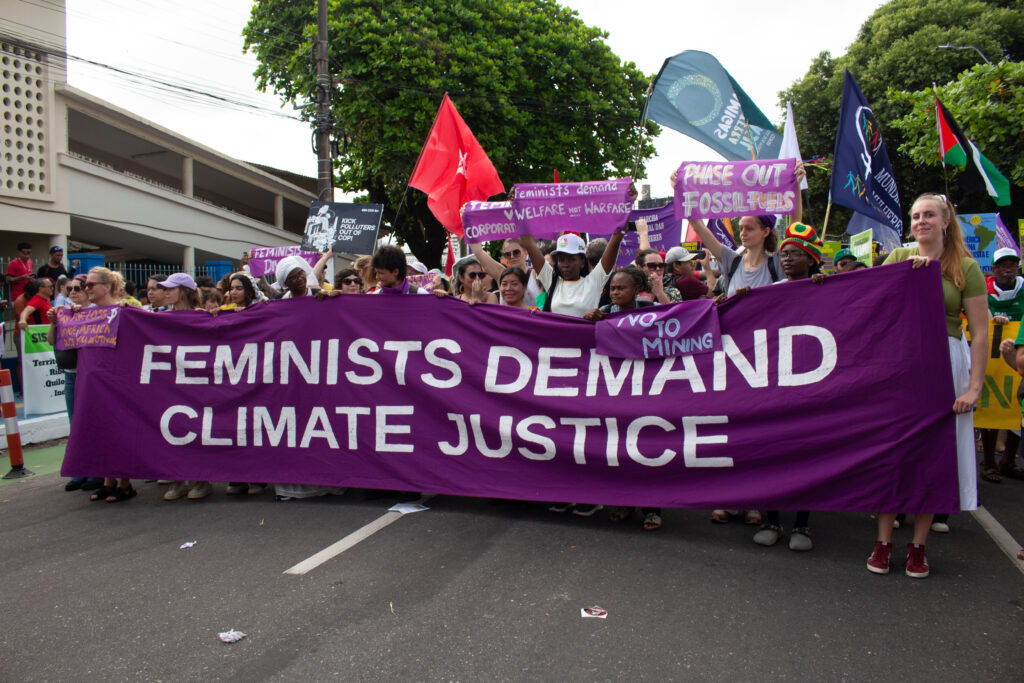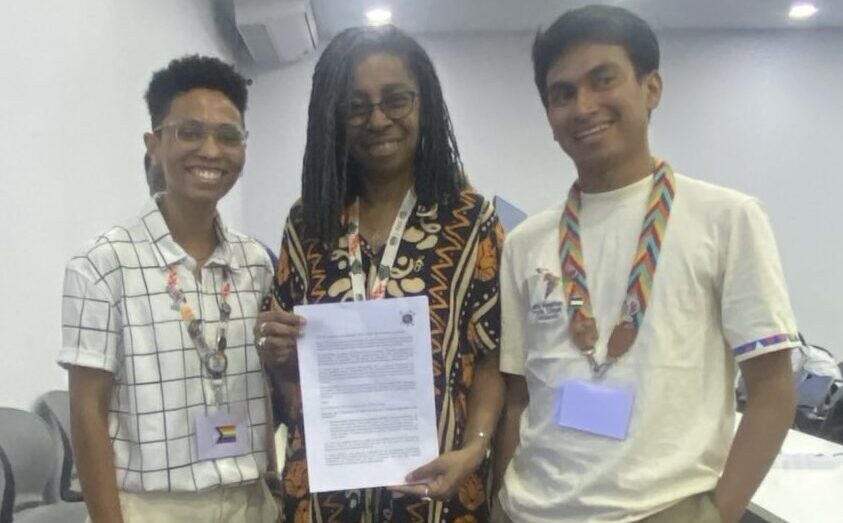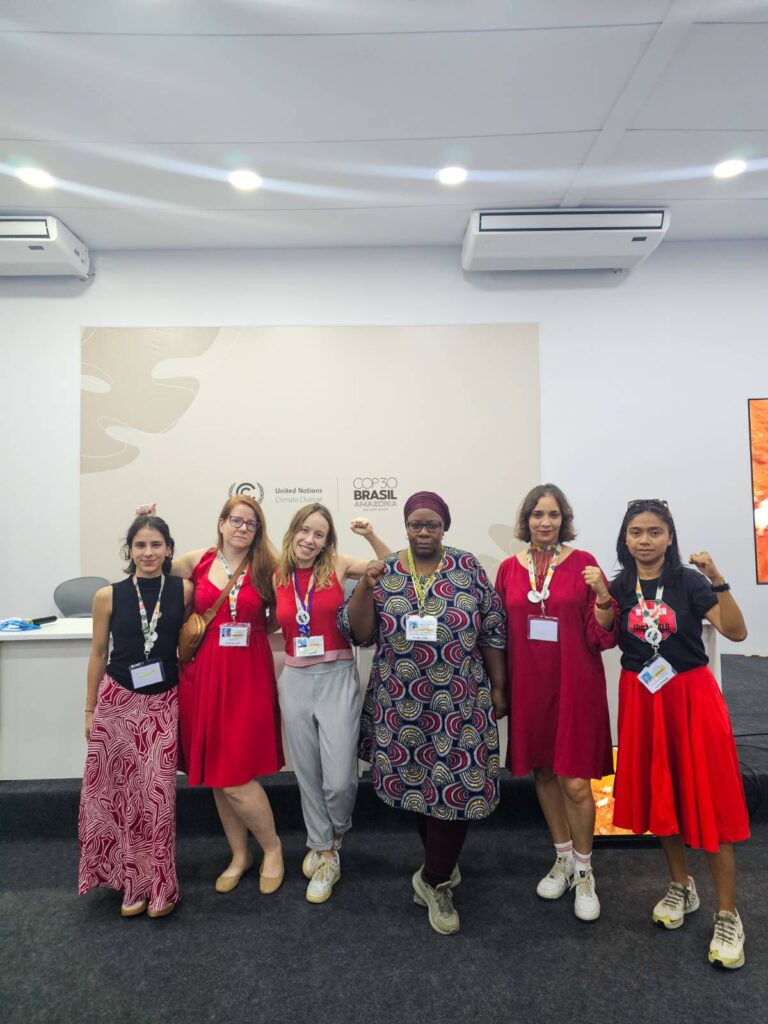
Women-led energy efficient agricultural model in the dry zones of Chicamocha Canon

Description of the project:
MEEPZA is an agro-environmental development initiative led by local women using local resources. Working on climate change adaptation, the project promotes efficient energy management within the households. The project’s main resource is the planting and production of Nopal (cactus) products. The Nopal plant is chosen because of its properties that make it an efficient carbon sink. The project beneficiaries are 30 rural women and their families (a total of 180 people). The project has generated many positive results in terms of food security, recovery of agricultural profitability, agro-environmental development with gender equity, and highlighting the economic potential of arid zones.
Climate impact:
This project is an adaptation measure responding to the impact of climate change in arid zones. The Nopal plant has high energy potential and adaptation capacity to extreme temperatures and depleted soils. The agro-ecological management of these crops means recovery of soils and the profitability of agricultural activities that use low input technology. Also, animals feed on Nopal plants, and the plants are fertilized with their manure, which is another sustainable use of local resources.
Gender impact:
The initiative focuses on women’s equal rights, opportunities and empowerment through capacity-building and revenue generating activities. In this project, the empowered women also involved their families, thus resulting in a greater impact. MEEPZA ambitions that women see their actions not only as an income opportunity, but also as an engagement for climate resilience, food security, and gender equality. This is strengthened by encouraging their participation in decision-making spaces within their communities.
Scalability / replicability:
MEEPZA is a decentralized project that can be replicated in any arid region with limited access to water. The applied techniques are low-cost and sustainable, therefore, could encompass a complete production chain that starts from an agro-ecological use of local resources. To ensure gender-responsive replication of the project, women are trained to provide technical assistance with a gender lens to those new initiatives.
read the latest from our network
We work across regions and movements in deep solidarity. Together, we’re building collective advocacy to global problems.



PS: Do Not Step into the Footnote Trap
19/11/2025




Gender Just Climate Action requires truth
12/11/2025

Nov 11 Action Alert: Gender Justice Day
10/11/2025


